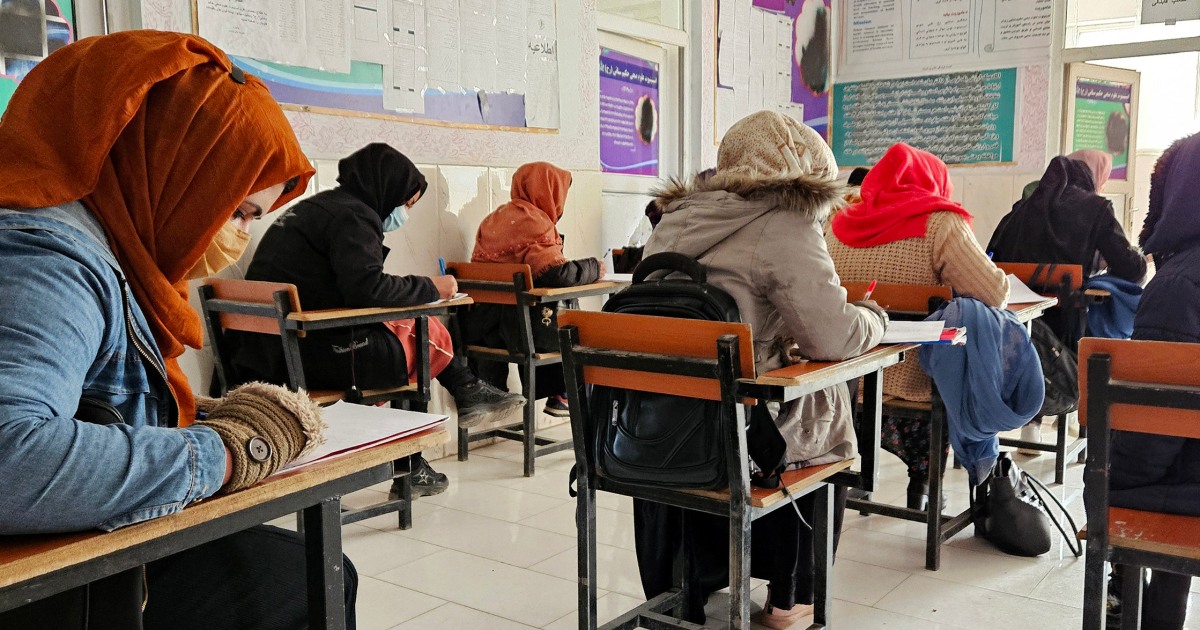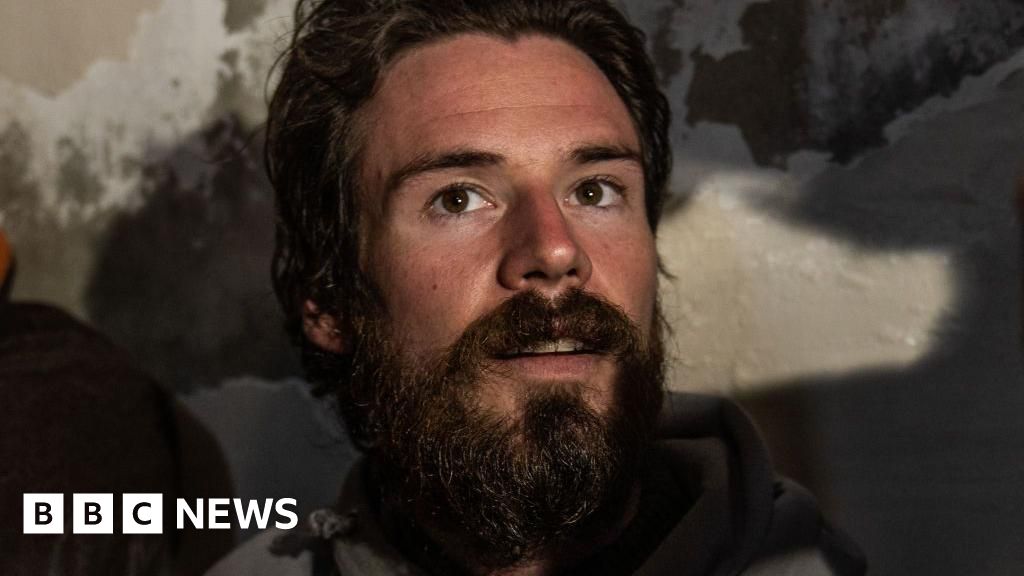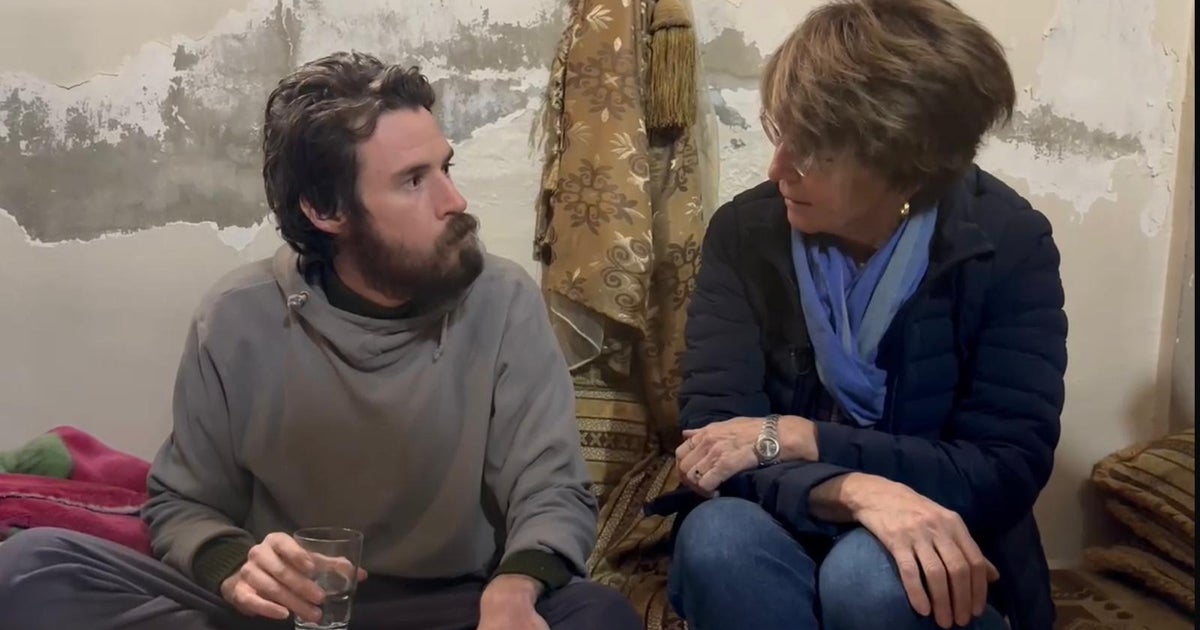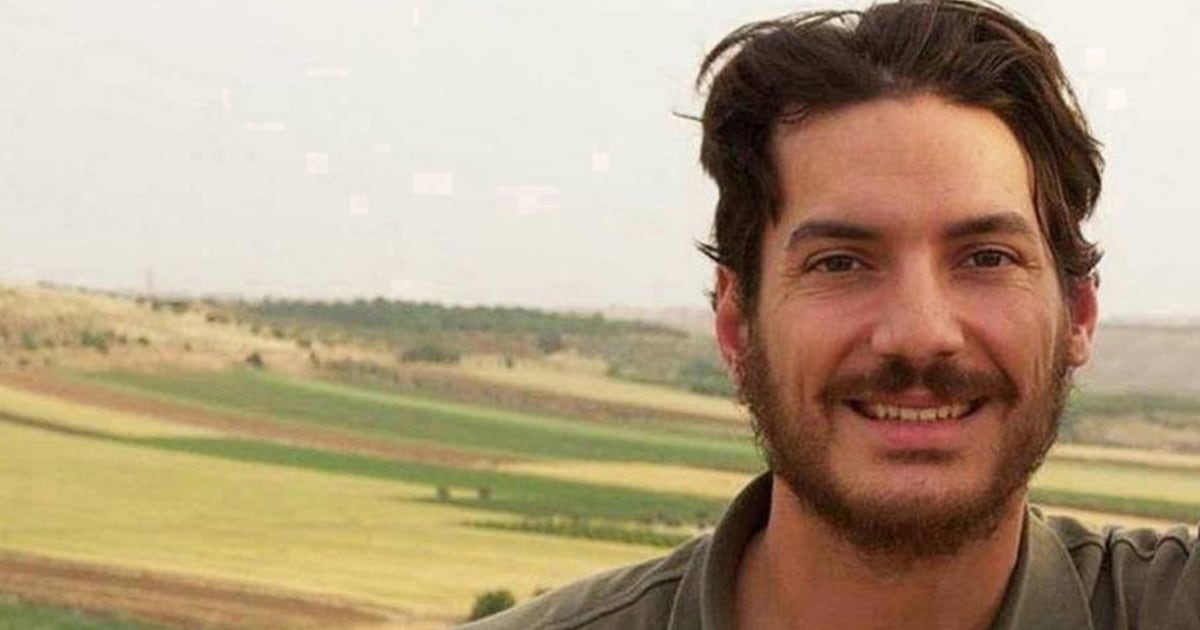World
U.S. condemns reported Taliban move to suspend medical education for women and girls

The U.S. government condemned the Taliban on Wednesday for reportedly ordering the suspension of medical education for women and girls in Afghanistan.
“This directive, the latest in a series of efforts that jeopardize the rights and lives of Afghan women and girls, is an unjustifiable attack on women’s access to education and health care,” Secretary of State Antony Blinken said in a statement.
Since returning to power in August 2021 following the withdrawal of U.S.-led forces, the Taliban have steadily rolled back women’s rights, including barring girls from attending classes beyond the sixth grade. In August, the Taliban published vice laws that ban women’s voices and bare faces in public in an effort to completely erase Afghan women and girls from public life.
Medical education, including nursing and midwifery, was one of the only forms of education still available to women in the country.
“These directives, now coupled with excluding women from obtaining a medical education, further jeopardize the health, well-being, safety and lives of not just Afghan women and girls, but all Afghans,” Blinken said.
He called on the Taliban to rescind the order as well as all previous orders “denying women the enjoyment of their human rights and fundamental freedoms.”
The Taliban have not confirmed the order, which is said to affect both public and private institutions, or publicly commented on the reports. A spokesperson for the Taliban and a spokesperson for the health ministry did not immediately reply to requests for comment on Thursday.
Doctors Without Borders (MSF), which operates in the country, said barring women from medical education would have far-reaching consequences for women’s health in Afghanistan, which has one of the highest maternal mortality rates in the world.
“There is no health care system without educated female health practitioners,” Mickael Le Paih, the group’s country representative in Afghanistan, said in a statement.
The group said the availability of health care was already affected by an insufficient number of female health care workers in the country, where hospital wards are segregated by gender.
“For essential services to be available to all genders, they must be delivered by all genders,” Le Paih said.
The Taliban have in some provinces banned women from being treated by male medical workers, meaning the new order “will result in unnecessary pain, misery, sickness and death for the women forced to go without health care, as there won’t be female health care workers to treat them,” Human Rights Watch said in a statement last week.
According to the United Nations Population Fund, Afghanistan urgently needs an additional 18,000 midwives to meet demand.
Blinken’s statement on Wednesday came as he testified before the Republican-led House Foreign Affairs Committee, whose members have strongly criticized the Biden administration’s handling of the disastrous U.S. withdrawal from Afghanistan, including a bombing at the Kabul airport that killed 13 U.S. service members and almost 200 Afghans.
Blinken said many of the failures stemmed from the withdrawal deal that President Donald Trump signed with the Taliban in 2020 during his first term.
“To the extent President Biden faced a choice, it was between ending the war or escalating,” he said. “Had he not followed through on his predecessor’s commitment, attacks on our forces and allies would have resumed, and the Taliban’s assault on the country’s major cities would have commenced.”
Rep. Michael McCaul, R-Texas, the committee chair, and other Republican lawmakers accused the Biden administration of failing to anticipate how quickly the U.S.-backed Afghan government would collapse and ignoring warnings about it from lower-ranking U.S. officials, which Blinken denied.
“This catastrophic event was the beginning of a failed foreign policy that lit the world on fire,” McCaul said.
Also on Wednesday, Taliban refugee minister Khalil Haqqani was killed along with two others in a suicide bombing at the Ministry for Refugees and Repatriation in the Afghan capital, Kabul. He was the most high-profile casualty of a bombing in Afghanistan since the Taliban’s return to power and the first cabinet member to killed.
The Islamic State Khorasan Province, an affiliate of the Islamic State group, claimed responsibility for the attack.









